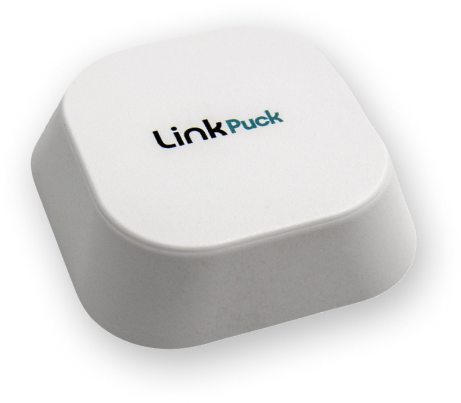Recently, the FDA released a report on the effects of certain brands of grain-free dog food and their potential link to a heightened risk of heart failure. This can be really scary for pet parents, so we want to do our part to help you learn how to choose the right dog food.
There’s a lot of information out there about the FDA report, and you can find the full report here and a breakdown of the key facts by the AKC here. Instead of repeating the same information, we are going to take a different approach and talk about dog food in general.
Choosing the right dog food can be a major headache. There are aisles upon isles of dog food at your average pet store. What do you get? What if you make the wrong decision? Well, your dog probably won't complain too much, but the food you choose really is important. Much like people, dogs need a balanced diet. One that hits on all their nutrient needs and uses safe ingredients. Here's what you need to know to choose the best food for your dog:
More Expensive Doesn't Always Mean Better
There are good dog foods to be found at nearly every price range, so don't assume that you need to break the bank if you want a healthy dog. What's important is not the price but the nutritional profile and the quality of the ingredients used.
Ideal Nutrient Profiles for Dogs
The common perception of dogs is that they are scavengers who can and will eat everything. Okay, maybe that's true, but that doesn't mean they should! Dogs have nutritional needs just like we do. That's why the Association of American Feed Control Officials (AAFCO) was formed. This is a voluntary organization that seeks to understand the nutritional requirements for pets.
Rather than approving or regulating pet food, the AAFCO studies animals and their nutritional needs and then releases a publication that identifies dietary needs. For dogs, the dietary needs are broken down into two stages:
- Adult maintenance - Adult dogs who need to maintain their body mass
- Growth and reproduction - Puppies and pregnant adults
Though the AAFCO does not offer a stamp of approval, their standards are considered the benchmark for dog’s dietary needs. When you are shopping for dog food, look at the nutritional adequacy statement on the back to understand how it conforms to AAFCO’s standards. For more information about understanding dog food labels, check out the AAFCO’s pet food label guide.
No Two Dogs Are the Same
Just because a food meets all your dog's nutritional needs doesn't mean it's the best fit for them. They could be allergic to one or more of the ingredients or develop taste preferences, believe it or not. That means you'll need to do a little bit of experimenting before you can find the perfect food for your dog.
First, start by picking out some nutritionally balanced foods within your budget. Give your dog a few weeks to get adjusted to the new food and see how they do. If it causes any issues (allergic reactions, vomiting, unhealthy looking stools) then slowly make the switch over to another dog food. Repeat the process until you find one that works for your dog.
What to Feed Your Puppy
It's important to note that puppies have different nutritional requirements from adult dogs. Their bodies are still growing (and anyone who has had a puppy knows how quickly they grow!) and they need more protein and more calories to fuel this growth. Large-breed puppies also have different needs than small-breed puppies. Fortunately, dog food manufacturers are well aware of this and label their puppy food for small, medium, and large breeds.
What About FDA Standards?
The US Food and Drug Administration has regulations in place to make sure all dog food on the market meets basic dietary needs. However, the FDA standards are not as strict as those issued by the AAFCO. That’s why it’s important to read the nutritional adequacy statement before choosing a food for your dog.
Figuring out the best food to feed your dog might seem like rocket science at first, but it's really not so bad once you break it down. Once you have some basic knowledge about dog nutrition it's just a matter of experimenting to pick out a food your dog responds to best.





